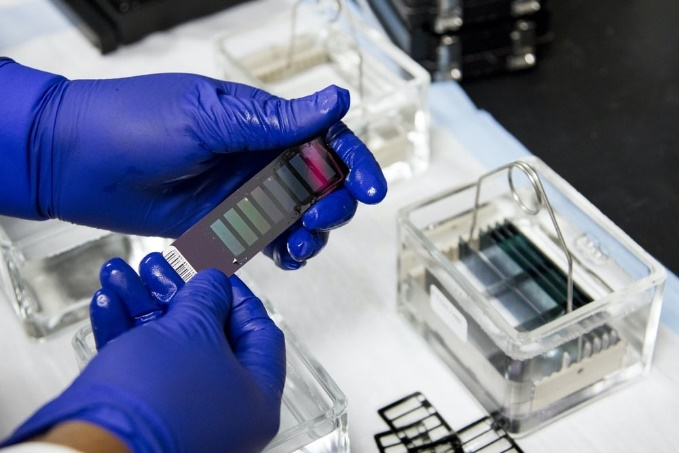
From 7 to 9 September 2021, the LABVOLUTION will take place in Hannover, Germany. This exhibition provides a meeting place to exchange knowledge and experience about software, focusing on automation, using data, and monitoring individual processes within laboratories.
Up to 50% of current jobs globally could be automated, theoretically, according to the foresight on threats and opportunities from automation and robotisation by the European Commission. The future of smart labs is changing due to the possibility of automation on a smaller scale. The increase of digitisation in laboratories has led to an increase in combining automation with other technologies. Through automation, large volumes of repetitive tasks can be performed. Moreover, by applying new technologies to the process of automation, experiments can be carried out on a smaller scale to enable greater connection in the laboratory. This results in an operational ‘smart lab’.
Automation can reduce the amount of time needed for a worker to complete their tasks. This is because a large sum of repetitive tasks can be automated. Technology has developed over the years, leading to different approaches to automation that allow for improving accuracy, compliance, and the replicability of results. By combining these innovative developments in technology, smart labs offer the opportunity to apply automation to smaller and more specific tasks to reduce human error and unpredictability and for new discoveries in, for example, the pharmaceutical field.
However, depending on research specifications, smart labs use a combination of different machines and devices. These machines and devices have non-aligned software solutions that create barriers when trying to integrate automation. In many cases, the implementation of software is the first step in coming closer to use the advantages of a smart lab for SMEs. Smaller, agile forms of automation that fit with the preferred software can unite the laboratory environment at a reduced cost.
Smart labs combine automation and innovative technologies deriving from the Internet of Things, leading to increased flexibility, accuracy, and precision. This makes the process within smart labs more productive. Automation on a large scale is the most known way of automation, but advances in technology offer developments to diminish the scale and simultaneously maintain the improvement in experiment execution and documentation.
The Advanced Technology for Industry (ATI) project has recently published the Product Watch on Artificial Intelligence-based software as a medical device. This report underlines the transformation of the healthcare industry with digital technologies, artificial intelligence, connected devices and data, enabling the development of new solutions. For more information on advanced technologies or innovations centres in Europe, explore the ATI project website.
